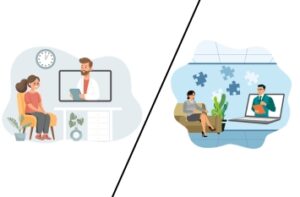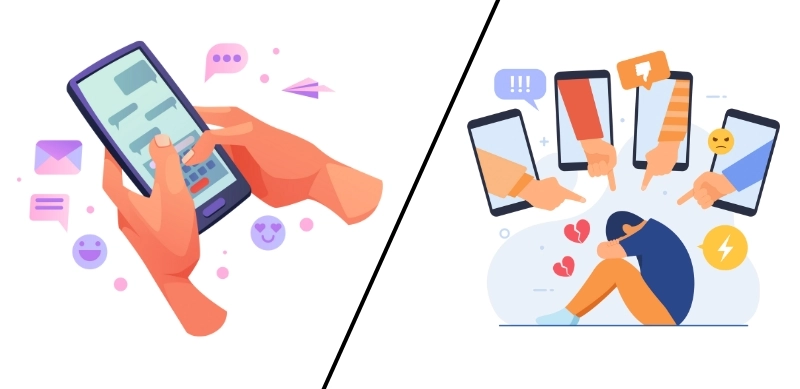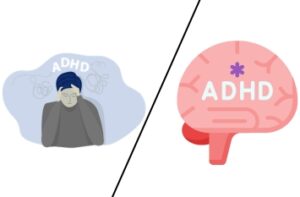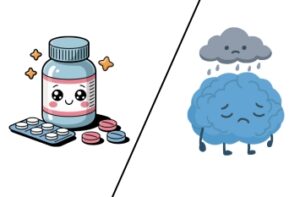
Tele-Psychiatry in Frisco, TX: Convenient, Confidential Mental Health Care From Anywhere
Tele-Psychiatry in Frisco, TX: Convenient, Confidential Mental Health Care From Anywhere Mental health care should be accessible, flexible, and fit into your life—not add more



